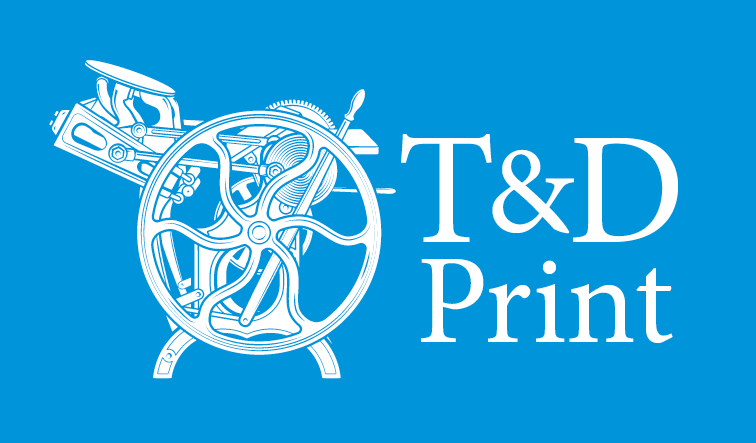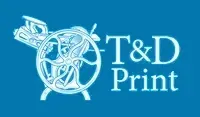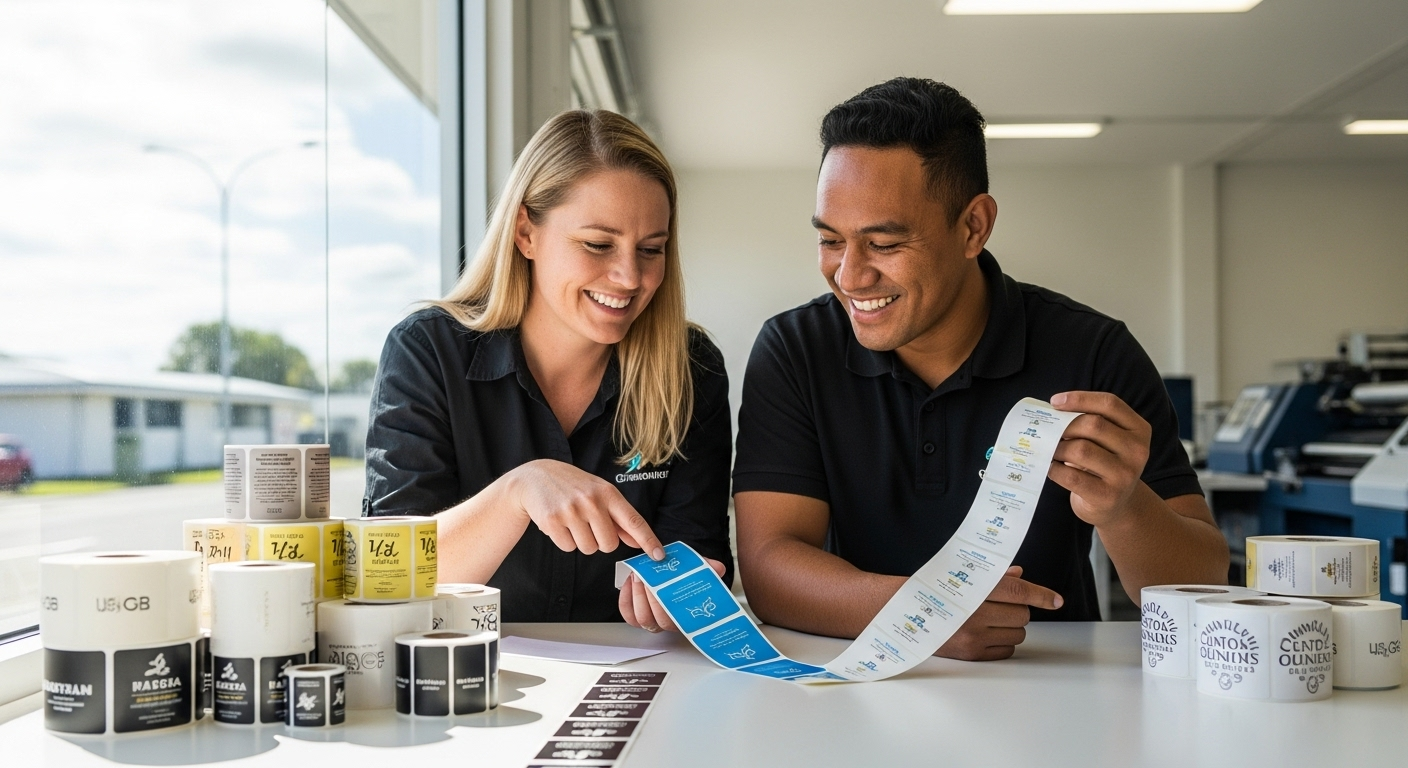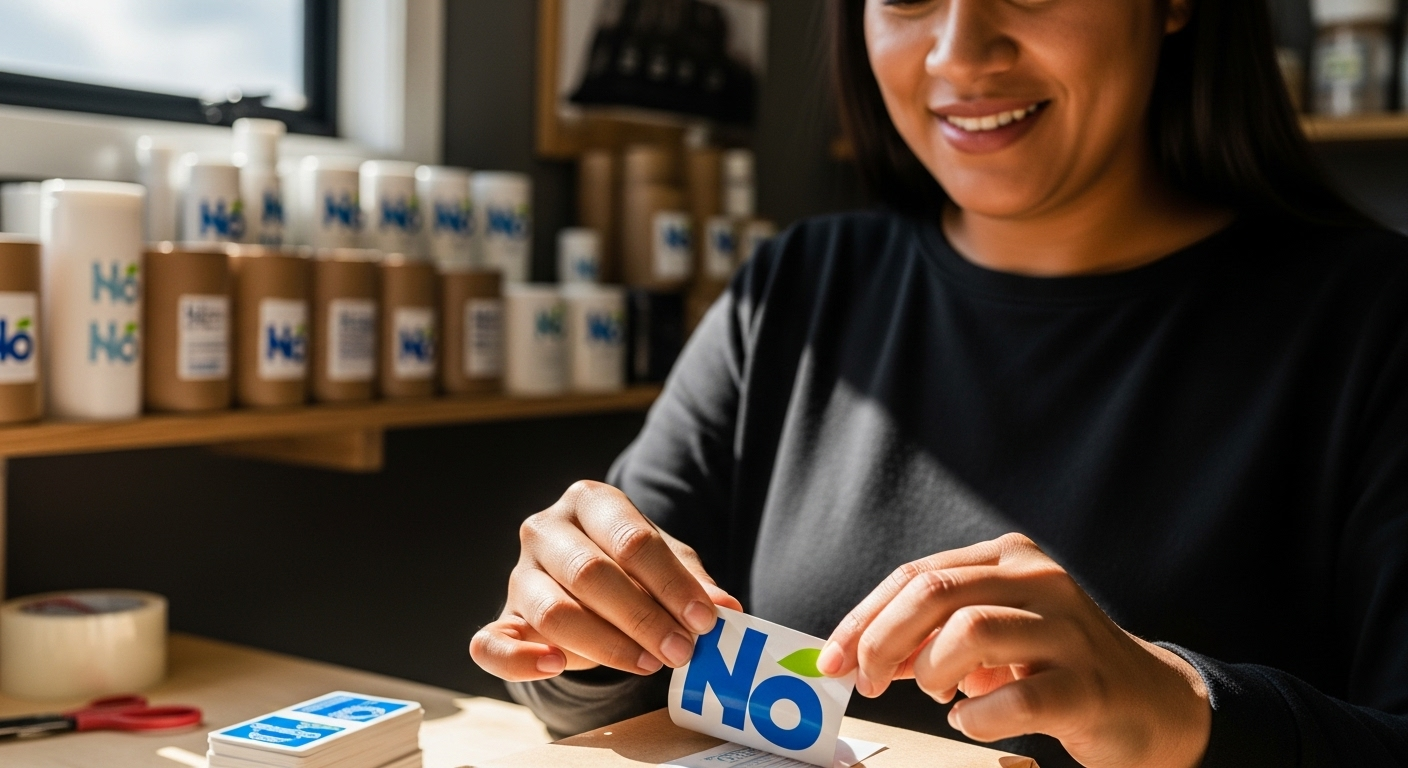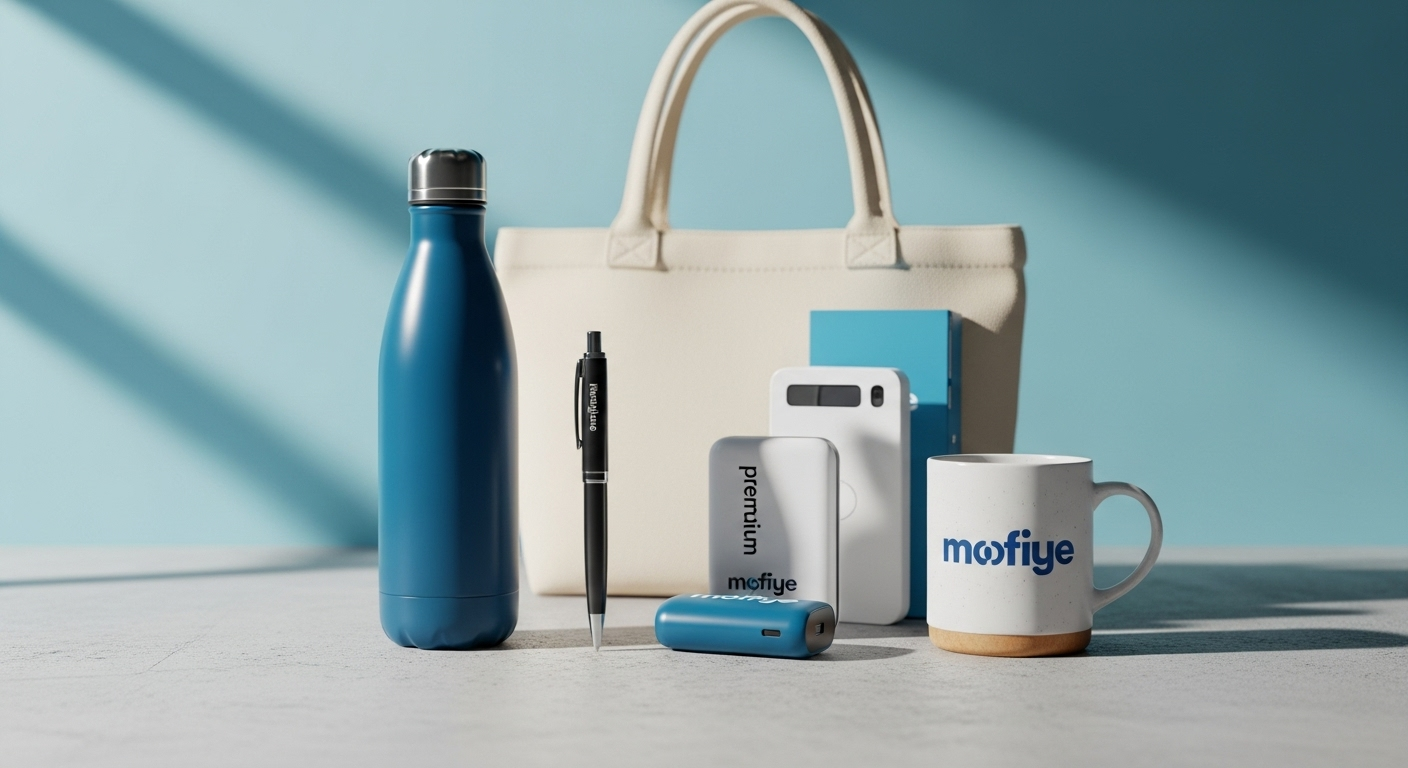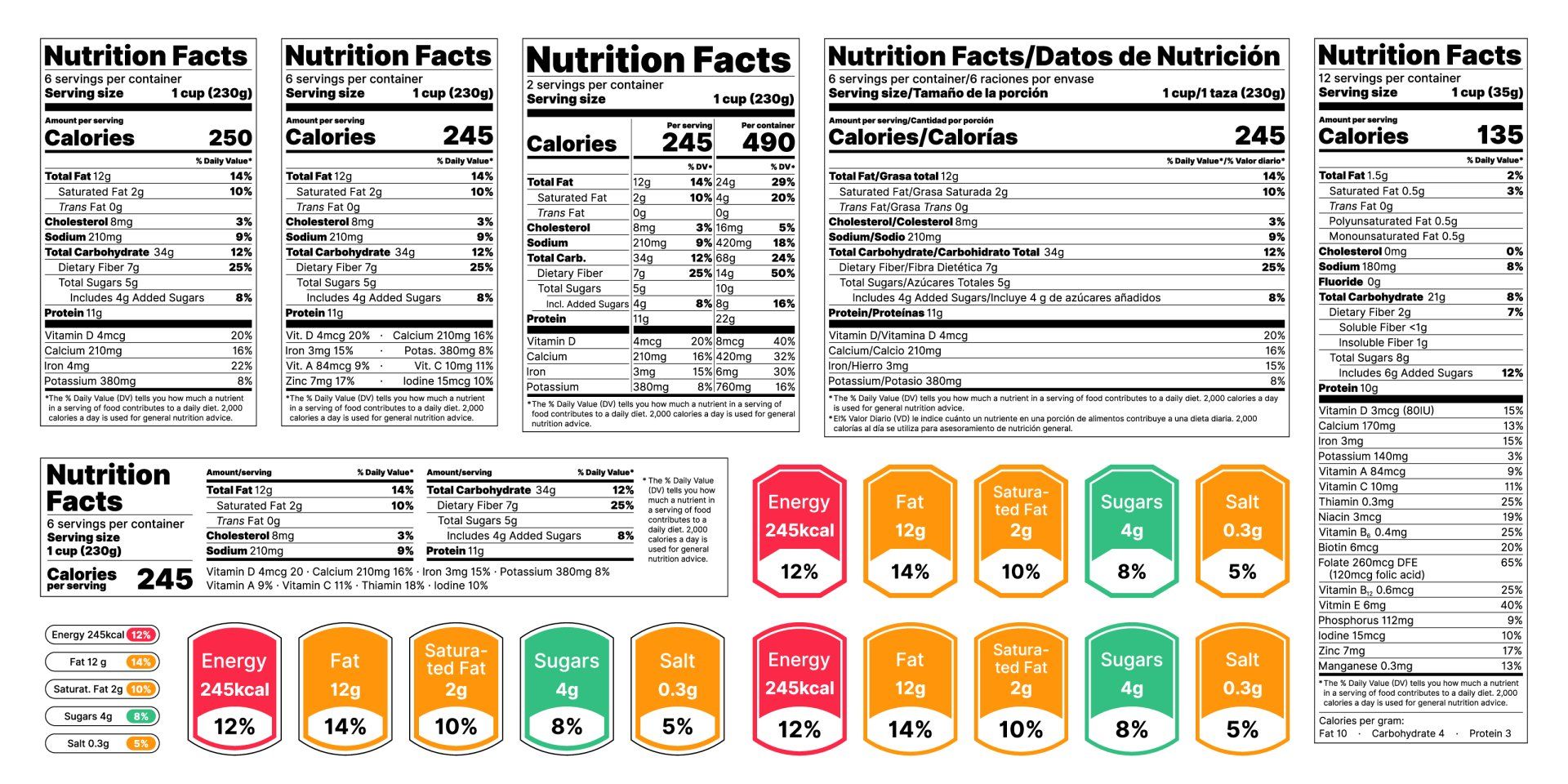Why is Product Labelling So Important?

Why is Product Labelling So Important?

Food labelling is vital. Not only is it a legal requirement if you’re a food producer, but it also helps consumers make informed decisions when purchasing food and helps them to store and use the food they’ve purchased safely.
Whether you supply restaurants or supermarkets, the requirements for food product labels are the same. Therefore, you must understand your responsibilities and why food packaging is essential.
Legal Requirements
Food labels come in two forms, prime labelling, the colourful front labels that grab your consumers’ attention and secondary labels, which contain essential product information. As a food producer, you’re legally required to label all products appropriately. To appropriately label the food products, you need to include the name of your food, listed ingredients and percentages, use by or best before dates and more. This information on your secondary label will prevent any allergies or illnesses from those who consume it and clearly state the nutrition and general healthiness of the product.
Ingredients
Your secondary label acts as a means to make your customer aware of what is in the food they are eating. This allows the consumer to know how healthy or unhealthy the product is. It’s also important to display the ingredients for those who may be allergic to certain ingredients. Especially on food and beverage labels, it’s easy to see the “may contain so-and-so ingredient”, so those allergic to that ingredient know to avoid it.
These labels are also crucial for personal and religious beliefs (kosher, halal etc.), specific dietary requirements and medical conditions such as diabetes.
Health Risks
As more people are creating a focus on nutrition and healthy foods, the labels you make for your products can help prevent a lack of nutrients or increase health risks. Foods with high saturated fats or high calories need to be laid out clearly to avoid dietary health conditions like high blood pressure, obesity and heart disease.
In addition to allergic reactions and nutritional health risks, other risks should be on labels. For instance, cigarettes, chewing tobacco, and alcoholic beverage labels must contain health warnings. Additionally, warnings of poison or hazardous products must also be clearly displayed.
Instructions
Instructions may seem like a small thing, but they can ensure that your food is cooked or eaten in the correct way that will prevent any sickness or food poisoning. While some foods may not need these labels, you need to ensure that your product labels have covered all bases.
Promotion and Marketing Purposes
A product’s label can market the product all on its own. Consumers may be attracted to a brightly coloured label and end up purchasing that product. If your product has a unique label, it can be vital in helping a customer pick out your product amongst the others on the shelf.
Labels are now also used for cross-brand marketing, recipe information, catalogues and more. With that in mind, it’s important to remember that labelling your products can become a significant and vital part of your brand’s marketing strategy.
Contact T&D Print
New Zealand-based T&D Print can make high-quality custom stickers in a range of styles and bulk production sizes as an extremely cost-effective solution for your products. To speak to one of our friendly team members about ordering your labels today, send us an email or give us a call via the contact section of our website.

